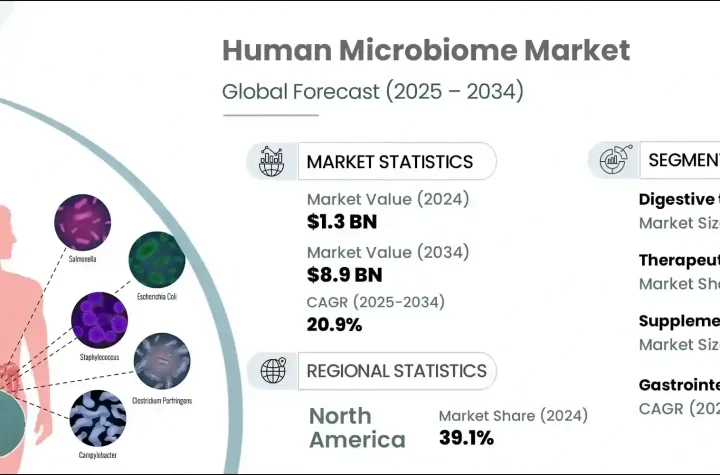
Ever feel like your skincare routine is just… guessing? You know—buying products because they worked for someone else, only to find they do nothing for you. Well, AI is changing that. Imagine a skincare plan tailored exactly to your skin’s needs, like a bespoke suit but for your face. That’s where we’re headed.
The Problem with One-Size-Fits-All Skincare
Here’s the deal: skin isn’t uniform. What clears acne for your best friend might clog your pores. Traditional skincare often follows a “throw everything at the wall and see what sticks” approach—expensive, frustrating, and honestly, outdated.
Common pain points include:
- Wasted money on products that don’t work
- Trial-and-error cycles that irritate skin
- Overwhelm from too many choices (serums, creams, acids—oh my!)
How AI Steps In
AI doesn’t guess. It analyzes. Using machine learning and vast datasets—think thousands of skin types, conditions, and product reactions—it spots patterns humans can’t. It’s like having a dermatologist, chemist, and data scientist rolled into one… minus the waiting room.
The Tech Behind the Magic
Most AI skincare tools use a mix of:
- Image analysis – Your phone’s camera assesses pores, wrinkles, redness
- User input – Lifestyle, allergies, even stress levels
- Product databases – Cross-referencing ingredients with your skin’s profile
Some apps even track changes over time, adjusting recommendations as your skin evolves. Pretty wild, right?
Real-World AI Skincare in Action
Brands are already leveraging this. Take Prose, for example—their AI crafts custom shampoos based on hair scans. Skincare’s next. Startups like Atolla and HiMirror use AI to analyze skin and tweak regimens monthly. Even big players like L’Oréal have jumped in with apps like My Skin Track UV.
Here’s how it typically works:
- Snap a selfie or answer a quiz
- AI detects concerns (dryness, hyperpigmentation, etc.)
- Algorithm suggests products—often custom-mixed
- Adjusts as your skin responds
Why This Matters Now
Skincare’s gone from luxury to self-care essential. But with that comes overwhelm. AI cuts through the noise. It’s not just convenience—it’s precision. For anyone with sensitive skin, acne, or just confusion in the beauty aisle, this is a game-changer.
And let’s be real: after years of blanket advice (“Drink more water! Use retinol!”), personalized data feels… refreshing.
The Future: Beyond Creams and Serums
AI’s potential doesn’t stop at product recommendations. Imagine:
- Wearable skin sensors – Tracking hydration, UV exposure in real time
- AI dermatology assistants – Flagging early signs of conditions like eczema or rosacea
- Climate-adjusted routines – Your moisturizer recommendation changes with the weather
We’re talking about skincare that adapts to you—not the other way around.
But… Is It Perfect?
Not yet. AI relies on data quality—garbage in, garbage out. Misleading selfies or incomplete info can skew results. And while algorithms excel at patterns, they lack human intuition (for now). Always consult a derm for serious concerns.
That said, the trajectory’s clear. As tech gets smarter, so will your skincare.
Final Thought: Skin as Data
We’ve moved from “this cream works for most” to “this cream works for you.” It’s a shift—from generic to granular, from trends to truth. Your skin’s unique, after all. Shouldn’t your skincare be too?





More Stories
The Skin’s Secret Garden: How Prebiotics, Probiotics, and Postbiotics Work Together
Your Skin Barrier on the Go: The Ultimate Repair Guide for Extreme Climates and Frequent Travel
The Role of Topical Peptides in Preventative Skincare for Men in Their 30s and 40s